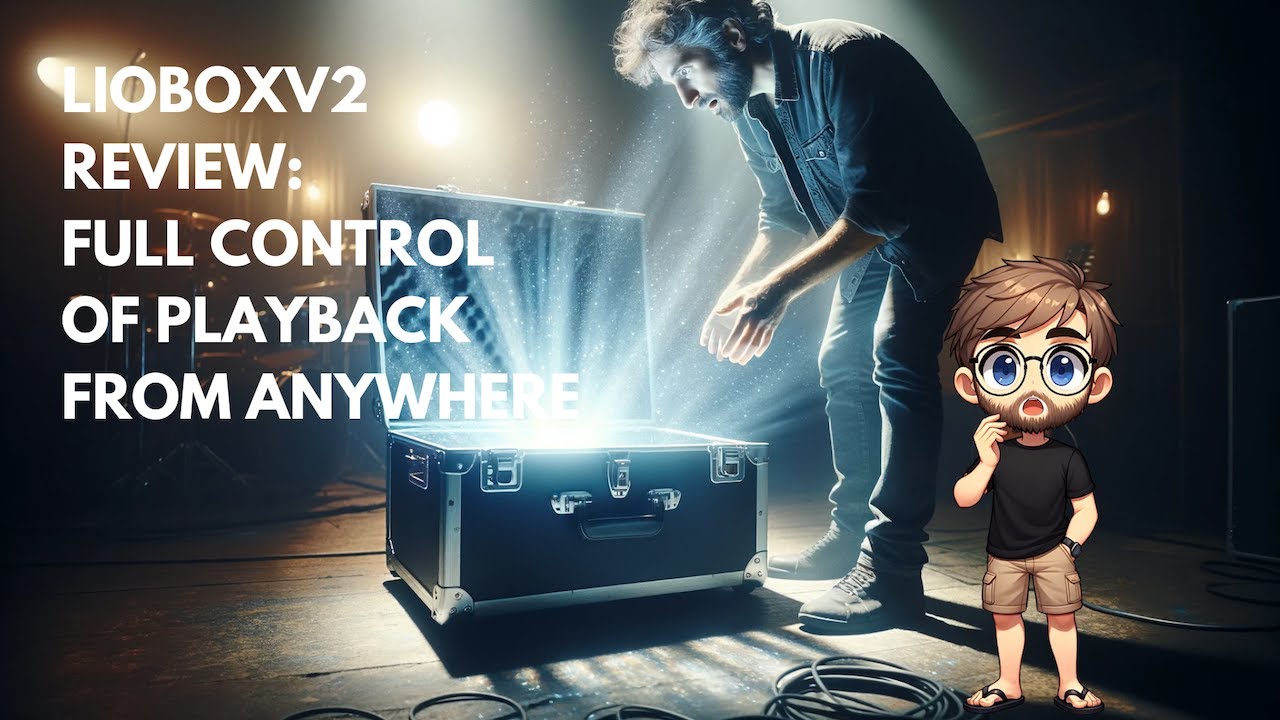We had the chance to interview Déborah Dupont, the sound engineer on Adèle Castillon’s tour. She shares her journey and offers some great advice for anyone looking to break into the field.
"Hi, I'm Déborah Dupont, and I'm a Sound Engineer. I am the playback tech and keys tech on Adèle Castillon’s tour.

I've been a musician since I was a little girl. I knew very early on that I wanted to evolve in this field. I decided to study for a degree in musicology, with a specialization in sound engineering.
But I soon realized this wasn't really the right way to learn the job. It was very theoretical, and not technical enough. So I did as many internships as possible. It was there, in the field, that I began to learn, to meet professionals and to build my network. Honestly, it was in the field that I learned everything. And that's where I encountered my first difficulty: managing to feel legitimate, to prove I was capable despite my lack of experience. All the more so in an ultra-masculine environment.
Today, things have changed a little. I'm more experienced, I choose the projects I want to work on and the people I want to work with. I try to favour healthy, caring environments. It's not always easy, but I filter as much as I can.
I discovered the Liobox with Killiann, an artist from Rouen whom I accompany on sequences, keyboards and vocals. He invested in this machine, and it really made our live shows smoother, secured the sequence launches and made the show flow more smoothly.
Then I joined Adèle Castillon's tour as playback operator, also managing the set and HF. Technical setup:
- 2 Liobox²s (one at the drums, the other in stage management)
- 2 computers (main + spare), both connected to a PlayAudio1U and a network switch
- 2 MIOXM (iConnectivity), deported to the musicians:
– One at the drums, with a Liobox² and SPD
– One at the keyboards, with a Juno and a Moog
Everything's interconnected. I check that MIDI info is getting through, that the computers communicate, and I run the tracks in my ears to ensure smooth running.
Live, I focus on Ableton, anticipate problems, react to bugs. We depend so much on this software. If it crashes, you must deal with it quickly.
As a playback operator, I trigger sequences, stems, virtual instruments.
I make the music run smoothly.
To keep things solid, I rely on a well-prepared workflow: labeled gear, spares, backups, detailed docs. Once everything’s ready, it becomes automatic on the road, and I can stay focused on what really matters.
Communication with artists and musicians is essential. And not just any communication. You need to be reassuring, a good listener, explain why a solution is possible or not, suggest compromises... In short, you need to clearly communicate while maintaining an authentic, human approach.
Then there's stress management, a crucial part of the job. I've had to swap an RJ cable between the console and the stage in the middle of a concert due to a total loss of communication, with no redundancy available. The hardest thing at times like these is to stay calm. To breathe. Not to panic.
I've been lucky enough to take part in so many experiences that have really shaped me, whether working in the MeyerSound studio, performing on festival stages, doing sound design or touring in theater and music. I've also supported artists on stage, playing keyboards, and I've had a lot of creative fun along the way. What motivates me is the challenge, the constant evolution, the variety. I never want to get bored - you just have to stay curious, keep going and above all... enjoy it all.
If I had to give one piece of advice to someone just starting out, especially a woman, as there are still very few of us in the sound business, it would be to find a solid training course that combines theory and practice.
Prepare yourself, be motivated, and above all, be daring.
Step out of your comfort zone, apply for training, and don't hesitate to ask for help. Kindness is also important: people choose to work with those they enjoy working with.
Above all, protect your own well-being. This work is extraordinary, but it can also be intense. You need to know how to set limits and stay balanced."






